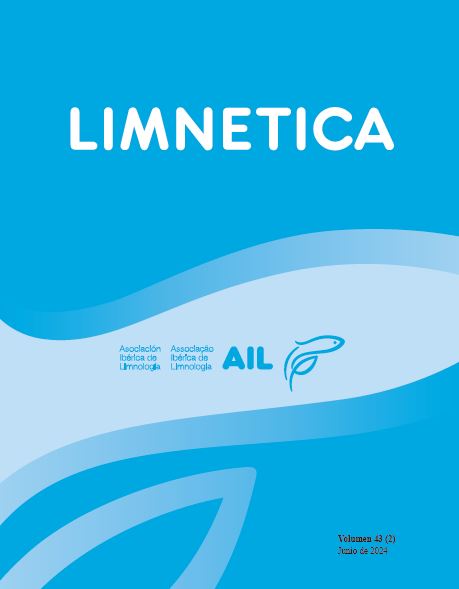North Atlantic Oscillation influences waterbirds dynamics in a Mediterranean wetland
摘要
Predicting how waterbird populations may respond to climate change is a major challenge for conservation, which could be addressed by understanding the effects of large-scale climate oscillations, such as the North Atlantic Oscillation (NAO), on breeding population size. Here, we explore the relationship between the NAO position and the abundance of waterbird breeding pairs in a protected Mediterranean coastal wetland (Mouth of the Guadalhorce river, Málaga, southern Iberian Peninsula). We found a significant and negative relationship between the winter NAO index and the abundance of grebes (r=-0.72, N=14, p<0.01), rails (r=-0.74, N=15, p<0.01), diving ducks (r=-0.56, N=15, p<0.05) and dabbling ducks (r=-0.54, N=15, p<0.05). Changes in winter accumulated rainfall (from 39.2mm to 698.4mm) and associated variables as wetland flooded surface (from 10.4ha to 13.1ha) at the beginning of the breeding season were the main local meteorological and hydrological drivers. These results should be considered to design appropriate environmental management strategies devoted to prevent or mitigate potential deleterious effects of NAO variability on Mediterranean wetlands ecosystems and preserving its valuable waterbird communities.
##submission.downloads##
已出版
期
栏目
##submission.license##
Los autores que publican en esta revista están de acuerdo con los siguientes términos:
- Limnetica está bajo una licencia de Creative Commons Atribución-NoComercial 4.0 Internacional.
b. Los autores pueden establecer por separado acuerdos adicionales para la distribución no exclusiva de la versión de la obra publicada en la revista (por ejemplo, situarlo en un repositorio institucional o publicarlo en un libro), con un reconocimiento de su publicación inicial en esta revista.
c. Se permite y se anima a los autores a difundir sus trabajos electrónicamente (por ejemplo, en repositorios institucionales o en su propio sitio web) antes y durante el proceso de envío, ya que puede dar lugar a intercambios productivos, así como a una citación más temprana y mayor de los trabajos publicados (Véase The Effect of Open Access) (en inglés).


